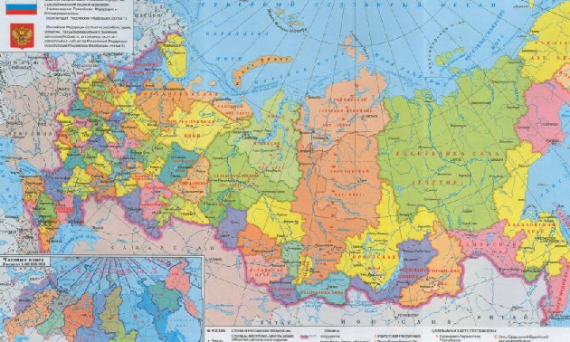How do incumbents in electoral authoritarian regimes manage to secure extraordinarily high levels of their electoral support? This study examines the determinants of the allocation of federal transfers to regional budgets in Russia to test whether the interbudgetary payments are used as a politically neutral tool with welfare equalizing goals or pursue various political aims of self-interested actors. Using panel data multilevel modeling, it shows that, along with the concerns of equity and efficiency, electoral interests played a considerable role in distributive politics under Putin’s rule in the period from 2000 to 2012. At the same time, the most electorally responsive to the economic benefits appeared to be the so-called ethnic regions – the regions with large proportions of non-Russian and non-Christian Orthodox populations. Furthermore, employing a unique measure of election irregularities in the analysis allows to conclude that high official vote rates for the incumbent in the ethnic regions result from electoral fraud, as a signal of loyalty by the regional elites to the central incumbent, rather than from sincere electoral support by ordinary voters.
Igor Skulkin, PhD in Political and Social Sciences (EUI)
